Let’s be honest. You were already thinking of heading to the Valle this weekend. Now you have a real reason—and …
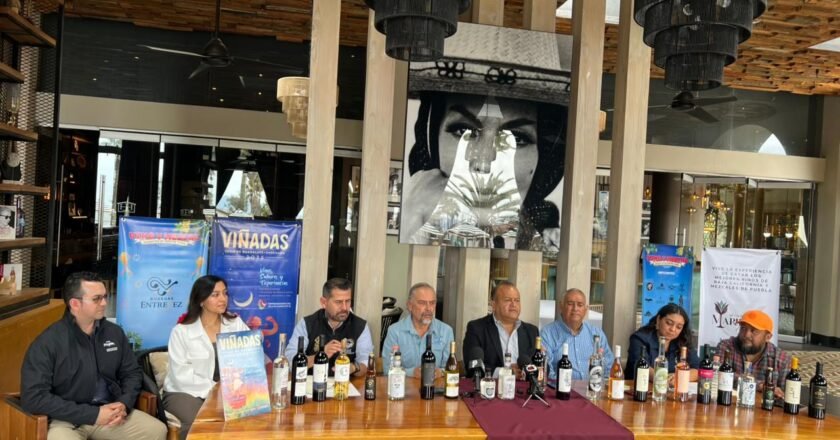

Let’s be honest. You were already thinking of heading to the Valle this weekend. Now you have a real reason—and …
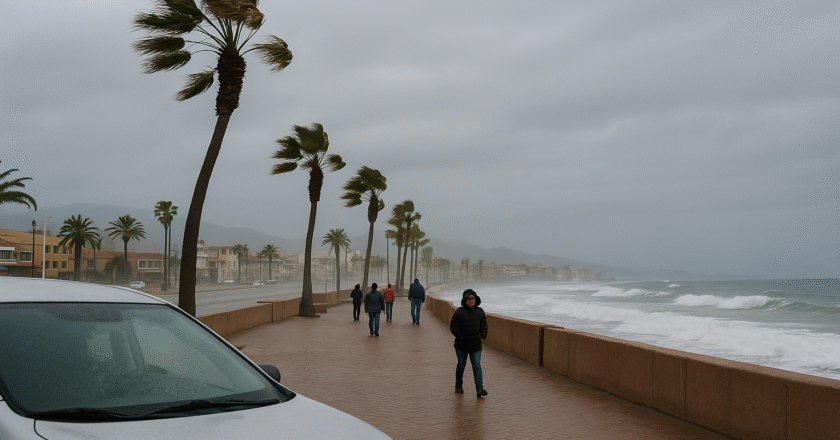
Just when you thought it was safe to retire your hoodie and break out the margarita blender—bam! Baja got a …
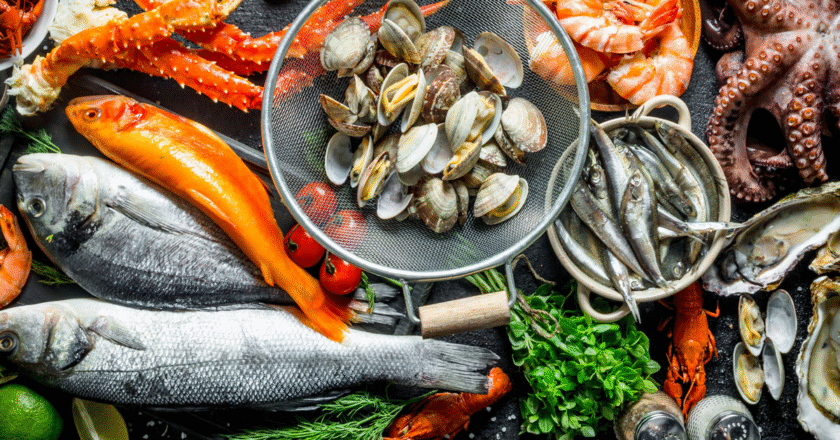
If you’ve eaten oysters in France, mussels in Japan, or bluefin tuna in New York, there’s a good chance it …
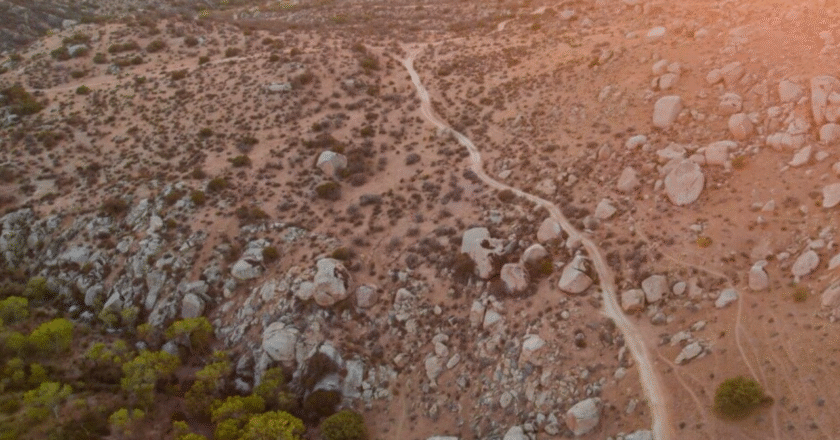
A Sunday That Matters This Sunday, October 19, Baja California opens more than another hiking route. The Kumiay Trail Network, …
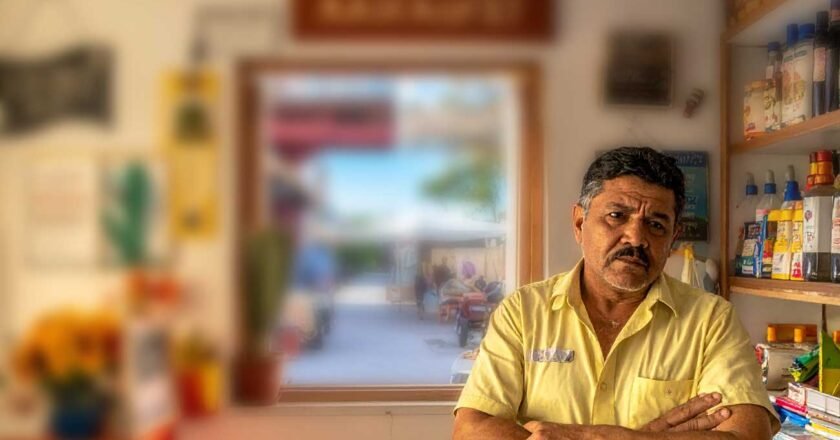
Well folks, looks like Baja’s rolling up its sleeves again — this time to take a serious swing at a …
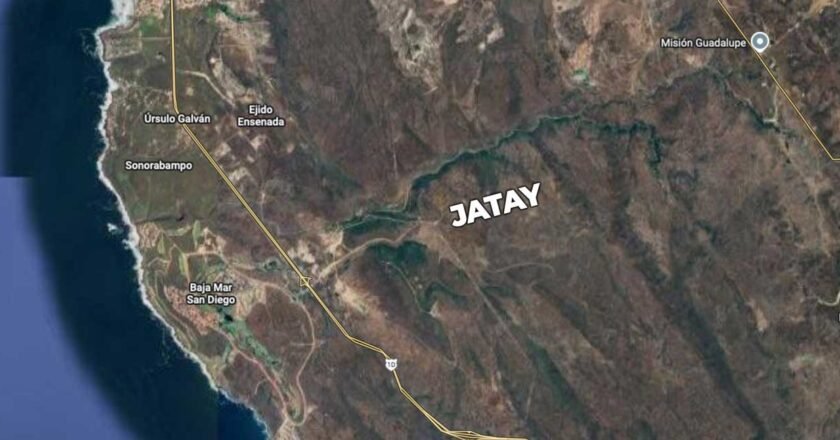
They call it the “Bypass,” but it’s really a lifeline in waiting. The plan is to open a third route …
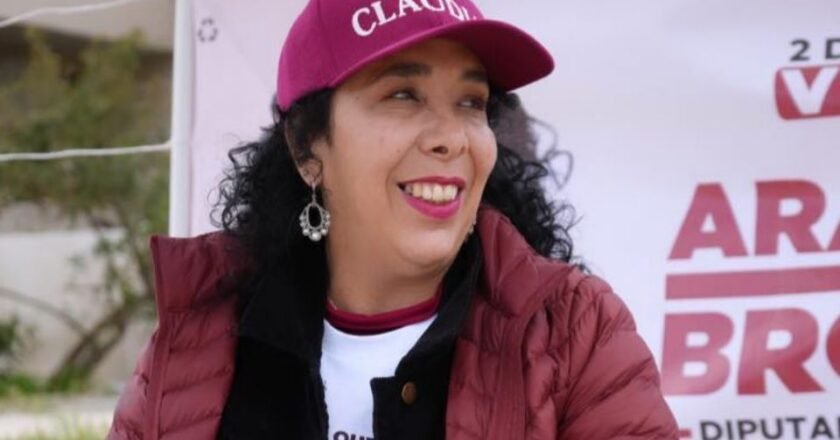
Mexico’s political world has seen its share of storms, but few hit as suddenly as the one surrounding Hilda Araceli …
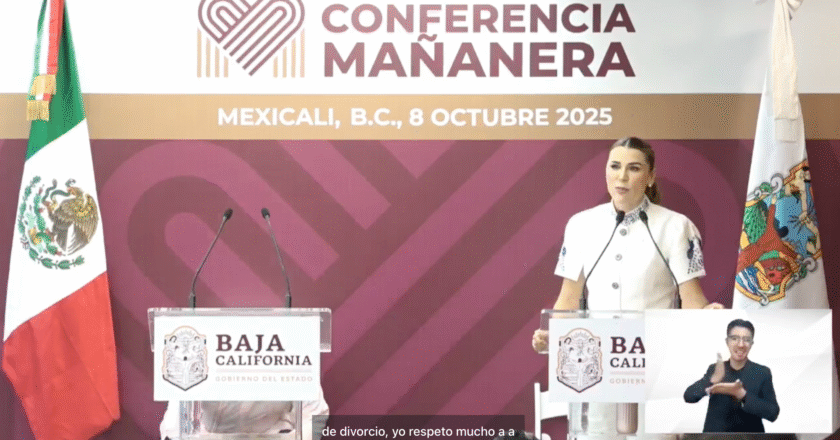
It’s official — Governor Marina del Pilar Ávila Olmeda confirmed she’s in the middle of a divorce. And she did …

Mexico City — Baja California just proved it can do more than tacos, wine, and beach sunsets. It can sell …

The October Festival “Territories of Peace” arrived in Ensenada with color, rhythm, and plenty of heart. It’s a celebration of …